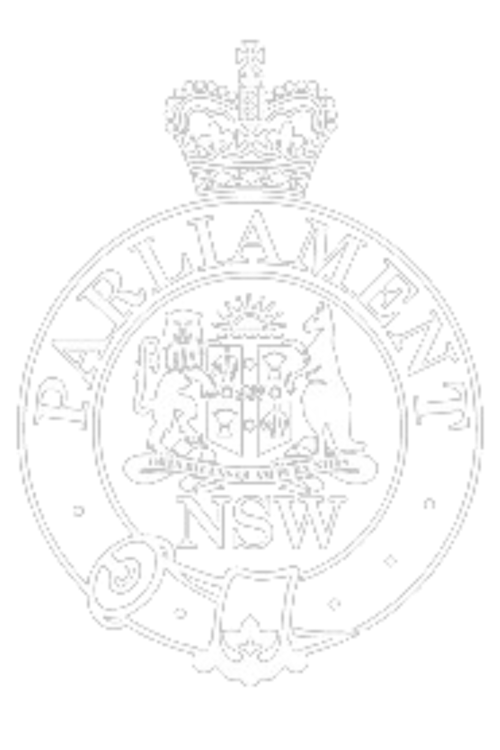The Miller Social Infrastructure Masterplan was developed and endorsed by Liverpool council in February 2021 in response to the decision by the council to endorse a conditional master plan for the renewal of the Miller town centre in 2016. The master plan identifies the need for local government to pursue the provision of new social infrastructure such as public libraries, community facilities and services, cultural activities, events and festivals, open space, sport and recreation facilities. I will share some metrics to give the House an understanding of why the master plan is so important.
The population of Miller is expected to grow by 74.7 per cent by 2036. Those aged 85 and over will feature the greatest growth of all age groups. Some 30 per cent of households in Miller are lone households. Miller and the 2168 catchment are considered relatively more disadvantaged than the Liverpool local government area [LGA] on the Socio-Economic Indexes for Areas [SEIFA] Index of Relative Socio-Economic Disadvantage. Miller and the 2168 catchment has a lower proportion of residents aged 15 and over who had completed year 12 compared with the Liverpool LGA overall. The catchment has a much higher proportion of households living in social housing compared with the broader Liverpool LGA, and residents of the 2168 catchment are slightly more likely to speak a language other than English at home. Residents also have a significantly lower median weekly household income in Miller compared with residents of the Liverpool LGA.
For all those reasons, public infrastructure is crucial to facilitate social connection and improve equity for the broader community. The broad recommendations of the social infrastructure master plan were that a new multipurpose community hub integrated with surrounding public open spaces at Miller Square over three stages was to include a library with adaptable programming spaces and other initiatives; a new, safe, pedestrian‑friendly space; a staged redevelopment of the Michael Wenden Aquatic Leisure Centre; and a method of creating connections among various destinations and facilities within the region. The plan revolved around the following principles: active streets and spaces, community living room, connection and inclusion, and health and wellbeing for all.
The social infrastructure findings within the Miller and 2168 catchment area found that, while accessible, the high number of standalone facilities was not very conducive to social connection, as the clustering of facilities in a single area can help to improve connection and collaboration. It also found that community facilities within the 2168 catchment needed to support the forecasted growth and include at least one integrated multipurpose community facility of at least 2,000 square metres, as well as an expansion of the existing library services to meet community needs. It also recommended that to meet the benchmarks for local facilities in the catchment, upgrades and expanding of the facilities are required.
There were a number of recommendations about the need for open space and recreation. A review found that 50 per cent of current public open space is land with compromised public open space outcomes and 81 per cent of public open space sites have only fair or poor passive survey residence, which is leading to a variety of social and other issues. There was a mixed range of quality across the public open space network, where park infrastructure lacked consistency and there were many other major elements that require renewal. The Michael Wenden Aquatic Leisure Centre is a highly valued community facility, and many components of the facility are not meeting the needs of the community. The facility is coming to the end of its useable life. It was recommended that a staged redevelopment be progressed to ensure that long-term community health and wellbeing outcomes are achieved.
Despite extensive engagement with the local community since the council election in 2021, it has been crickets from council in relation to meeting the needs of the 2168 community. Big promises were made in the lead-up to the election and nothing has been delivered since then for one of the most vulnerable and highly valued communities within the broader Liverpool local government area. I call on Liverpool City Council to give the 2168 catchment and Miller the important facilities it needs.


